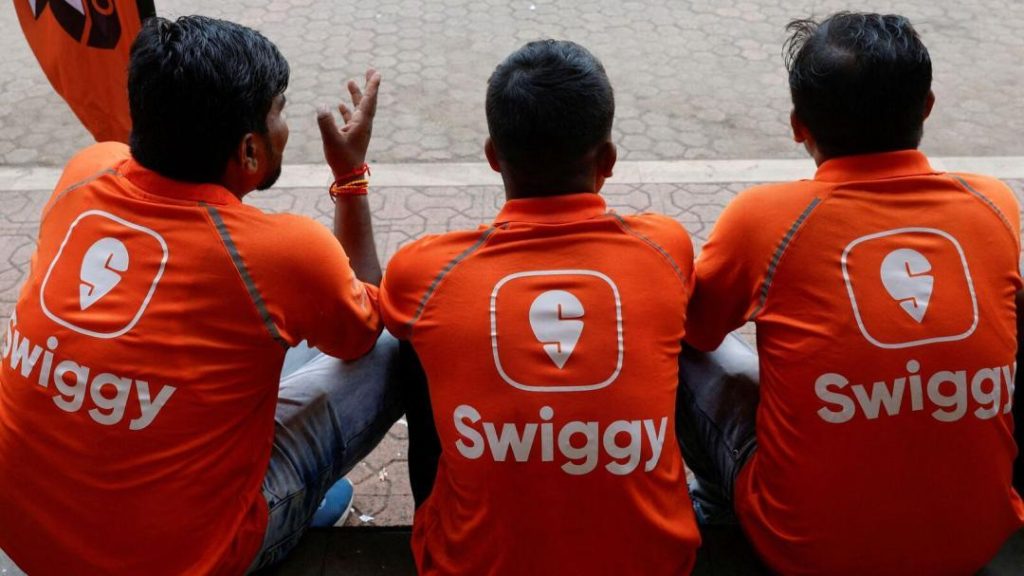
Swiggy Faces ₹158 Crore Tax Demand over Cancellation Fees
The Indian food delivery giant, Swiggy, has been slapped with a massive ₹158 crore tax demand from the Income Tax (I-T) department for the financial year 2021-22. The demand stems from alleged violations related to cancellation charges paid to merchants. The Bengaluru-based company plans to appeal the demand, claiming that it arises from a misunderstanding of tax provisions.
The tax demand is a significant blow to Swiggy, which has been rapidly expanding its operations across India. The company has been facing increasing competition in the food delivery space, and this tax demand may put a dent in its financial performance. However, experts suggest that the case may set a crucial precedent for how cancellation fees are taxed in the evolving digital economy.
Swiggy’s cancellation fees are a crucial component of its business model. The company charges merchants a certain percentage of the order value as a cancellation fee when a customer cancels an order. This fee is typically deducted from the merchant’s earnings. However, the I-T department has alleged that Swiggy has been misusing these cancellation fees and not paying the correct amount of taxes on them.
The tax demand is based on the I-T department’s assessment that Swiggy has failed to comply with the provisions of the Income-tax Act, 1961. The department has alleged that the company has been treating the cancellation fees as a discount or a rebate, rather than as a taxable income. This, according to the I-T department, is in violation of the tax laws and has resulted in a significant underreporting of income.
Swiggy, however, disputes the I-T department’s allegations and claims that the tax demand is based on a misunderstanding of the tax provisions. The company has said that it has complied with all applicable tax laws and has paid the correct amount of taxes on its income. Swiggy has also stated that it will appeal the tax demand and seek a resolution through the appropriate legal channels.
The case may have far-reaching implications for the food delivery industry in India. If Swiggy is found to have violated tax laws, it could set a precedent for other companies in the industry to re-examine their tax compliances. The I-T department’s move to scrutinize cancellation fees paid by Swiggy may also lead to a re-evaluation of tax policies in the digital economy.
In recent years, the I-T department has been cracking down on tax evasion in the digital space. The department has launched several investigations into alleged tax violations by e-commerce companies, including Swiggy’s rival, Zomato. The Swiggy case may be seen as a significant development in this context, as it highlights the I-T department’s willingness to take action against companies that fail to comply with tax laws.
Experts say that the case may also lead to a re-examination of tax policies in the digital economy. The Indian government has been under pressure to simplify tax laws and reduce the compliance burden on taxpayers. The Swiggy case may provide an opportunity for the government to review its tax policies and ensure that they are fair and equitable for all taxpayers.
In conclusion, the ₹158 crore tax demand against Swiggy is a significant development in the Indian food delivery space. While Swiggy disputes the allegations and claims that the demand is based on a misunderstanding of tax provisions, the I-T department’s move to scrutinize cancellation fees paid by the company may have far-reaching implications for the industry. The case may set a precedent for how cancellation fees are taxed in the evolving digital economy, and could lead to a re-evaluation of tax policies in India.
News Source: https://ascendants.in/industry_events/swiggy-rs-158-crore-tax-demand/






